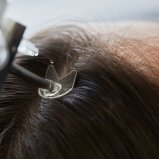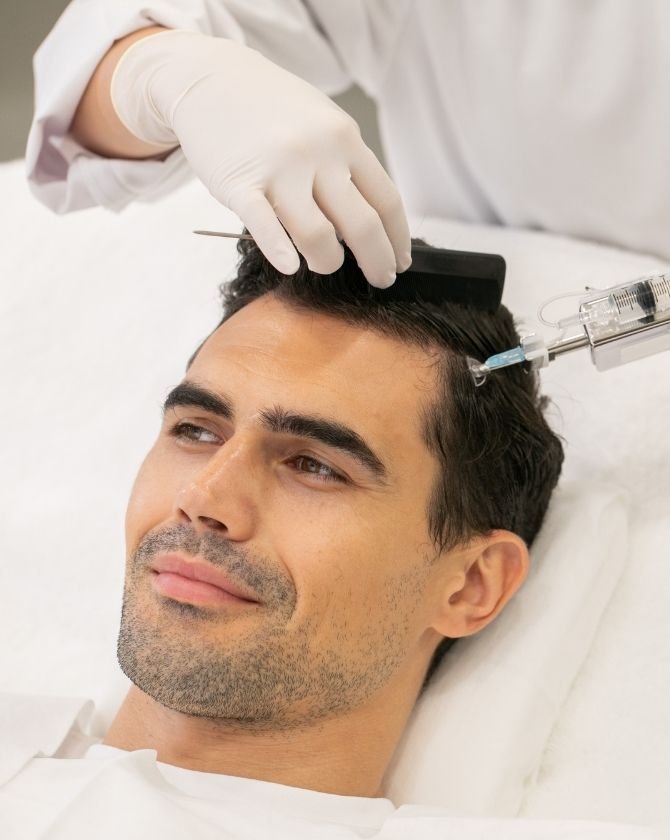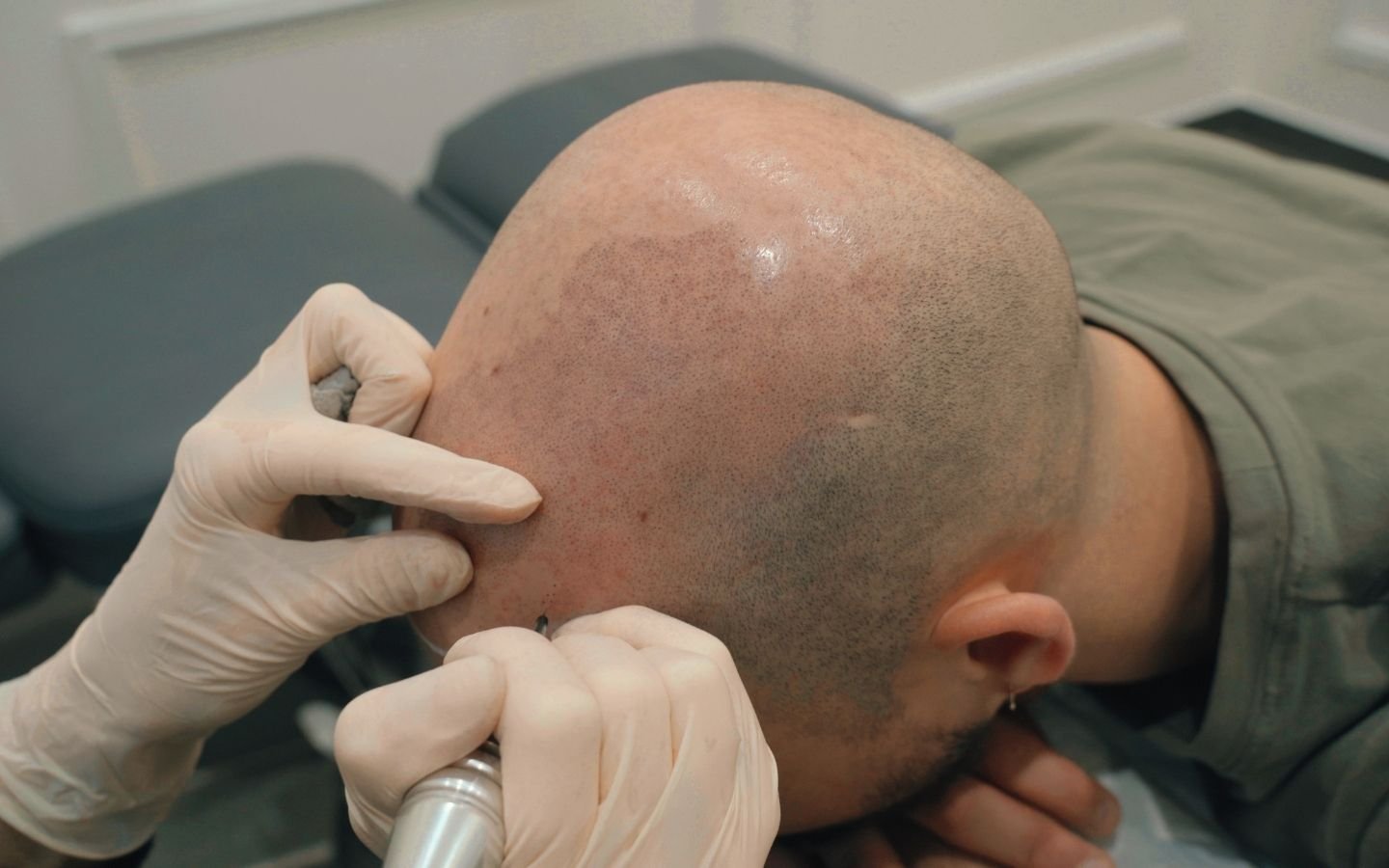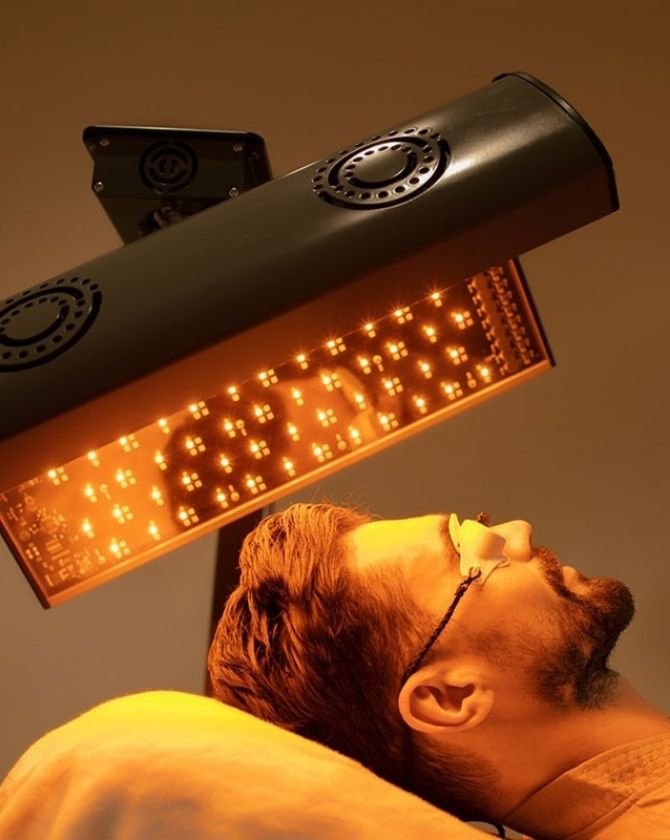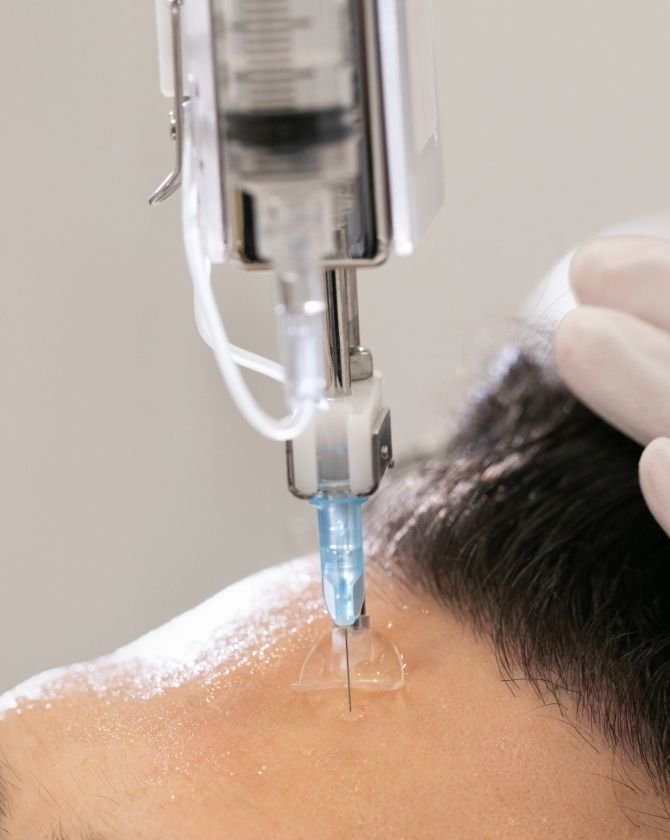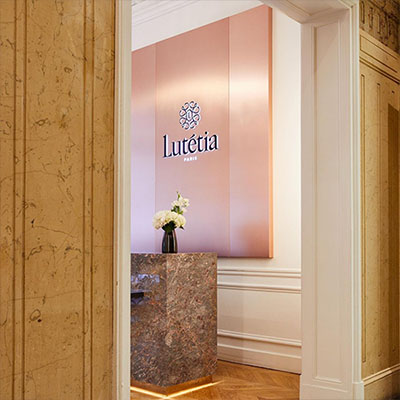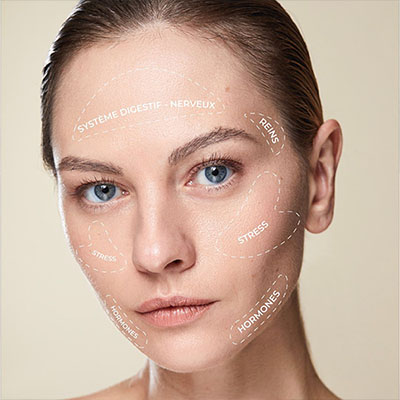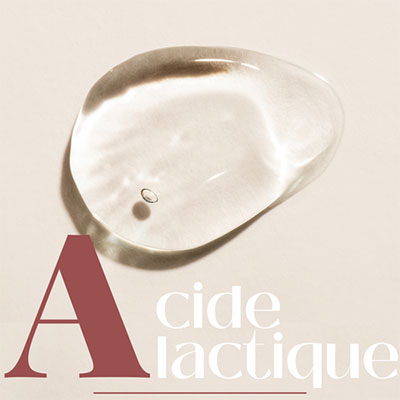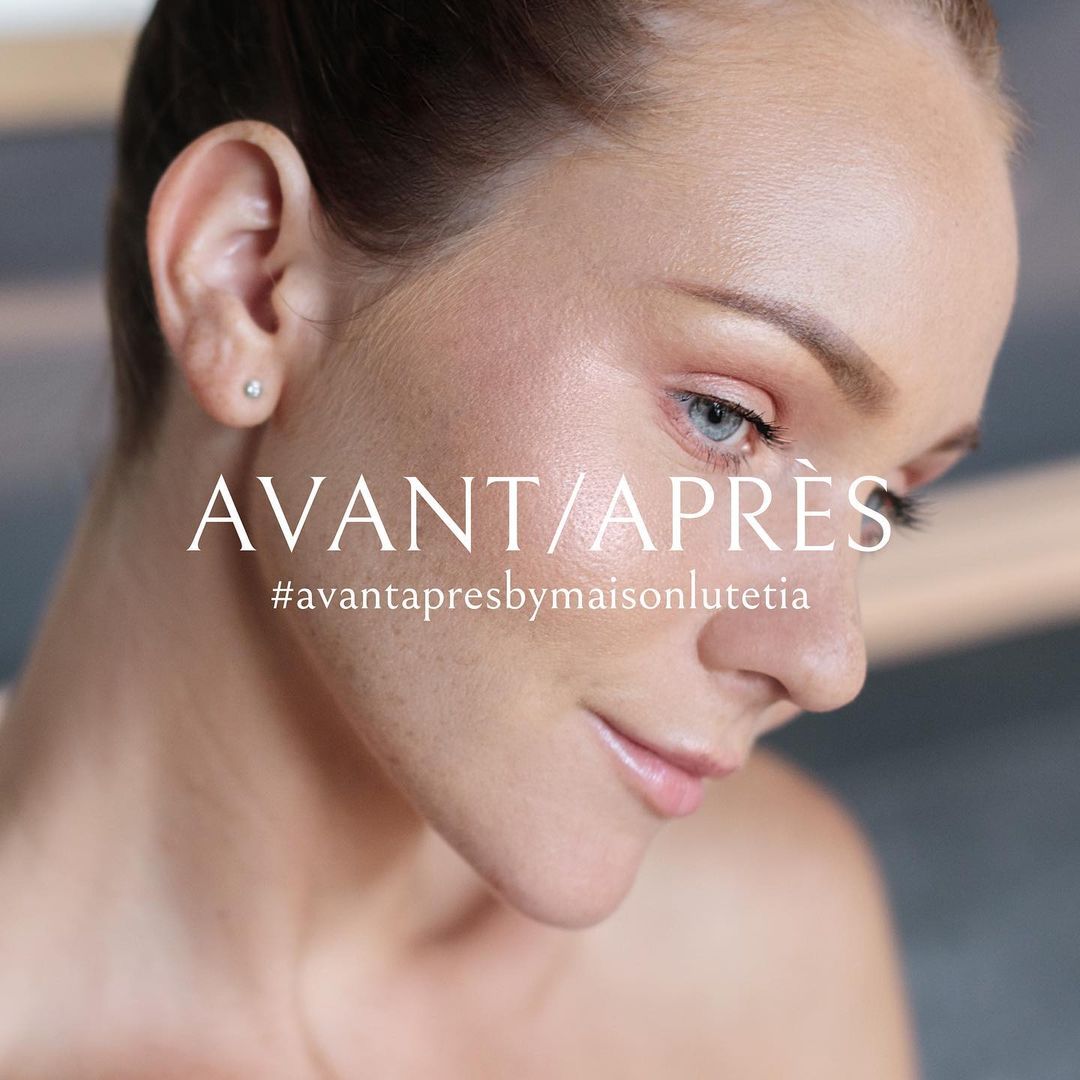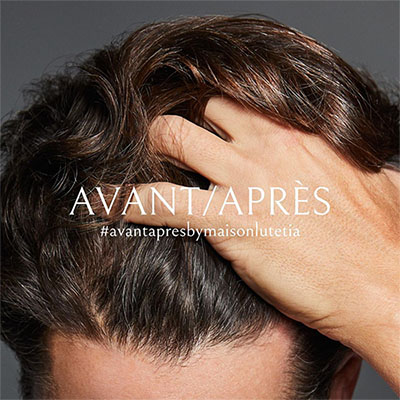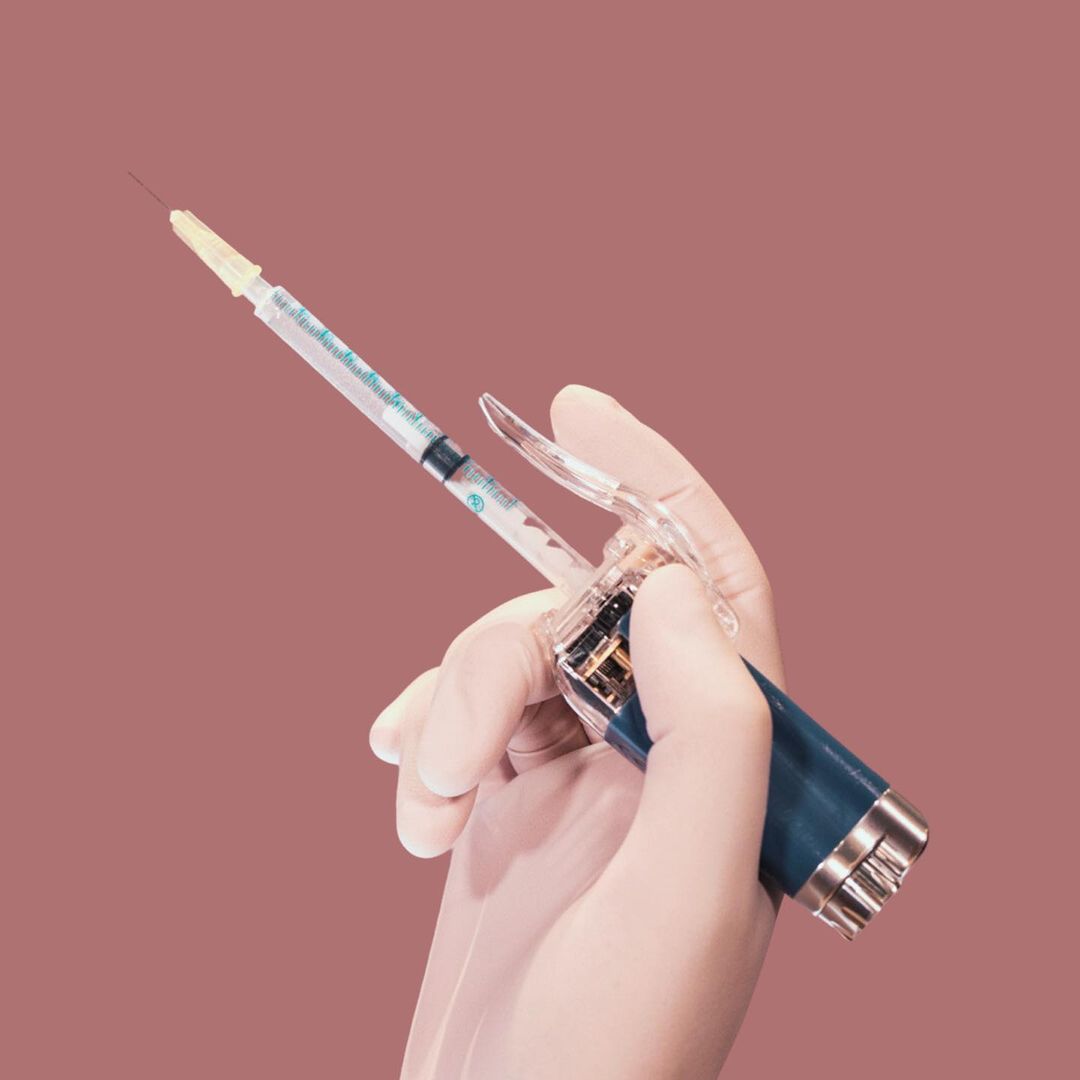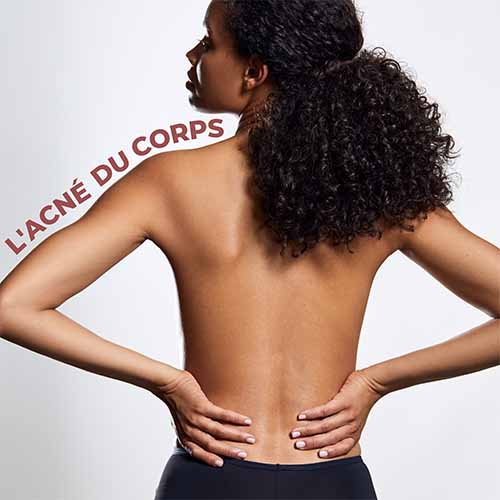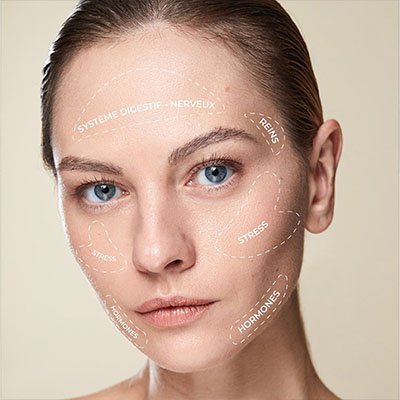
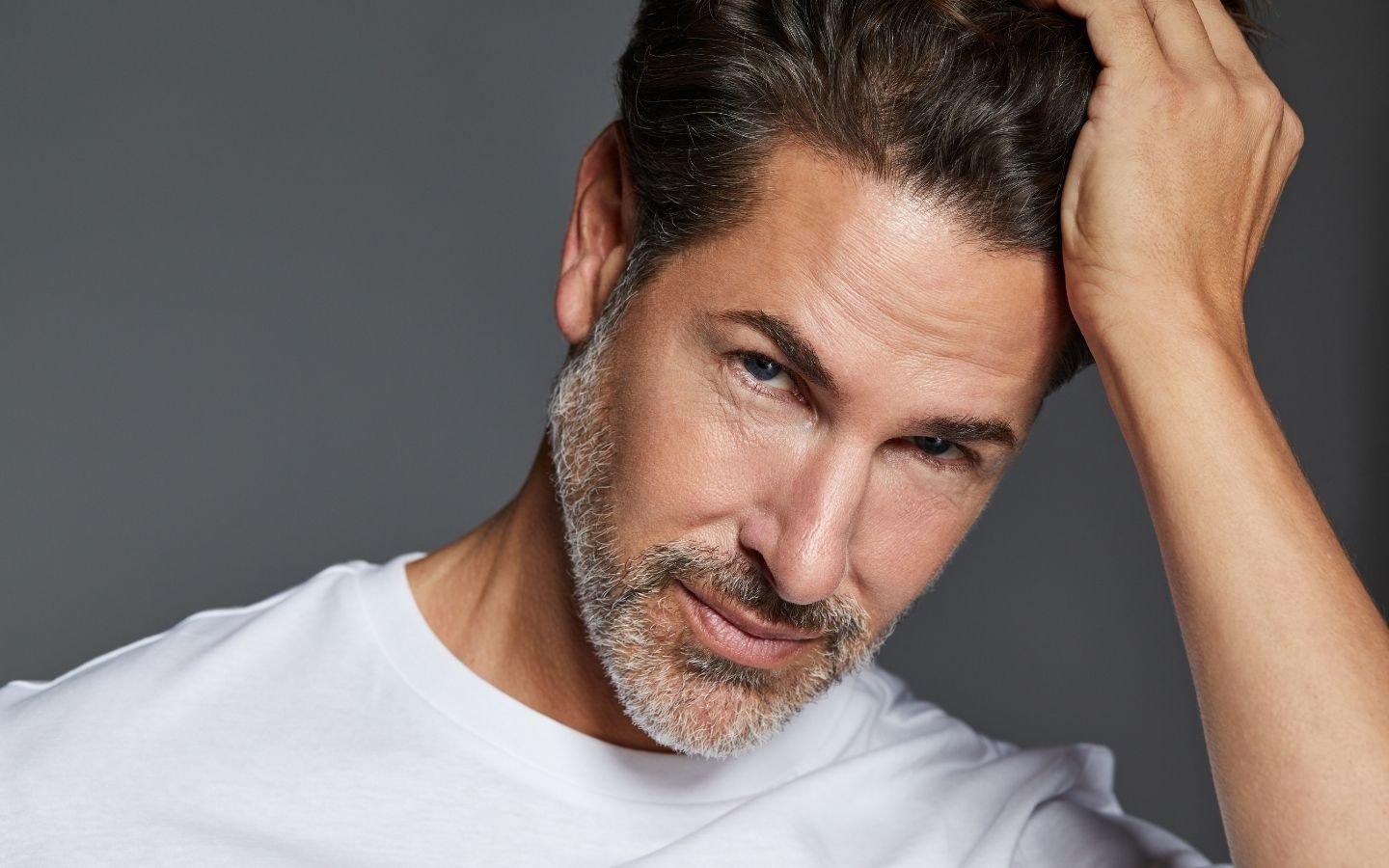
What is a follicular stem cell hair treatment?
Thanks to recent advances in scientific research, new hair follicle stem cell treatments are emerging. Follicular stem cell engineering may be the future of the fight against baldness and all other forms of alopecia. Why?
Despite partial or permanent hair loss, the scalp retains stem cells from which new hair follicles can grow. By mastering the knowledge of the life cycle and functioning of these follicular stem cells, all hopes would be raised to overcome hair loss and regenerate hair in the long term.
Based on this observation, various approaches to hair treatment are being scientifically tested, each of which intervenes at a precise point in the process of hair growth or baldness, in both men and women.
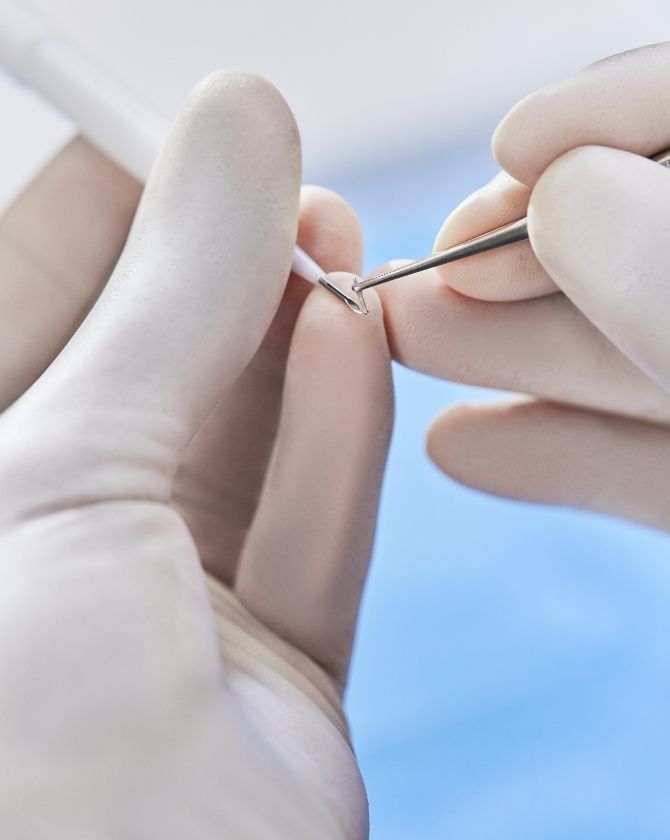
Goals
If current scientific work on follicular stem cells fulfils all its promises for the future, the resulting hair loss treatments will have several major advantages over existing therapeutic techniques and protocols.
On the one hand, hair loss in all its forms can probably be treated and resolved definitively, both from the point of view of neutralising the factors that cause hair loss and from the point of view of generating new hair that is programmed to resist any threat of alopecia.
As a result, treatments based on follicular stem cell and hair tissue engineering will certainly be universal in scope, making it possible to treat all types of patients, men and women, regardless of the evolution and severity of their hair loss.
In line with these future therapeutic solutions, the DHI hair transplant method and the complementary MesoLed treatment performed by our accredited doctors in Paris at Maison Lutétia offer a universal, gentle and natural hair restoration, even in cases of advanced baldness, for men and women alike.
How will my hair follicle stem cell therapy work?
Several avenues are being explored to treat hair loss with follicular stem cells. These new cell therapies will, for instance, make it possible to reprogram hair follicles in the telogen phase (end of the hair life cycle) to the anagen phase (beginning of the hair life cycle), or to significantly prolong this first phase of hair growth.
These future hair solutions will be able to activate or reactivate follicular stem cells present in a balding scalp, or inhibit and reverse the miniaturisation phase of hair follicles in the context of androgenetic alopecia. Other experiments go even further, growing new hair follicles in vitro from harvested stem cells, in the hope of re-implanting them in hairless or thinning areas.
While waiting for patients to have access to this new generation of hair treatments, the most adequate solution today to accompany hair loss remains hair transplant with the DHI method, associated with hair MesoLED sessions in Paris, at Maison Lutétia. Our hair restoration experts offer this excellent protocol to every patient, exclusively in France.
The procedure
The high potential for hair tissue regeneration offered by follicular stem cell therapy suggests that it will be able to solve all types of hair problems, from mild and temporary hair loss to the most advanced and permanent form of baldness.
In reality, the precise scope of each different therapeutic procedure, based on intervention at the level of follicular stem cells, will depend on the specificities of each protocol and its well-defined scope of action. Until this promising research on hair follicle stem cells is translated into genuine, validated, patient-accessible hair treatments, it is still difficult to see the light.
Today, our hair experts offer each patient the most relevant hair restoration project in Paris, at Maison Lutétia, to discretely regain a complete and full head of hair.
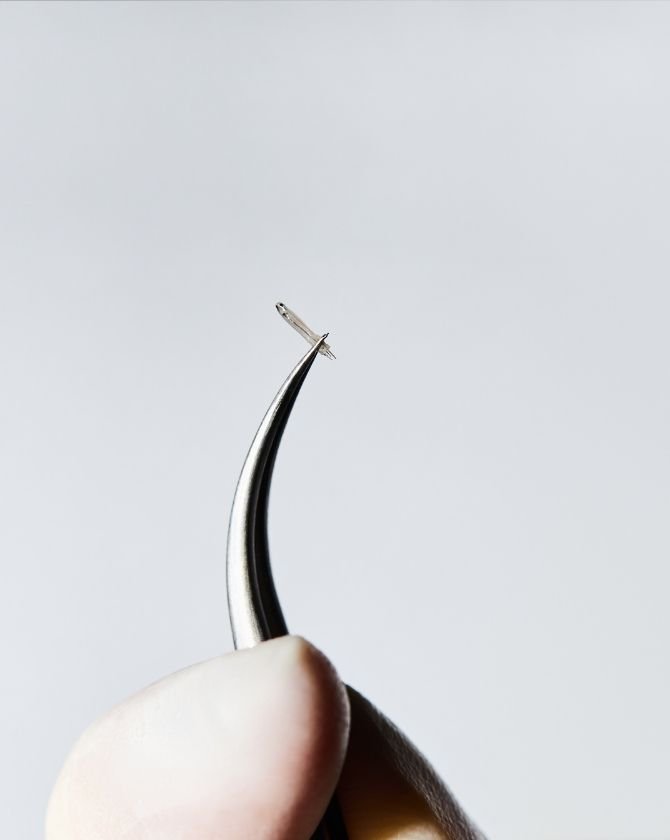
un futur traitement capillaire aux cellules souches ?
Si les travaux scientifiques actuels sur les cellules souches folliculaires tiennent toutes leurs promesses d’avenir, les traitements capillaires anti-chute de cheveux qui en découleront présenteront plusieurs avantages majeurs par rapport aux techniques et protocoles thérapeutiques existants.
D’une part, la chute de cheveux sous toutes ses formes pourra sans doute être traitée et résolue définitivement, tant du point de vue de la neutralisation des facteurs de perte des cheveux que de celui de la genèse de nouveaux cheveux programmés pour résister à toute menace d’alopécie.
De ce fait, les traitements reposant sur une ingénierie des cellules souches folliculaires et des tissus capillaires auront certainement une portée universelle, permettant de soigner tous types de patients, hommes et femmes, quelles que soient l’évolution et la gravité de leur chute de cheveux.
Dans la lignée de ces futures solutions thérapeutiques, la méthode DHI de greffe de cheveux et le traitement MésoLed complémentaire pratiqués par nos médecins agréés à Paris, à la Maison Lutétia, proposent une restauration capillaire universelle, douce et naturelle, même en cas de calvitie avancée, chez l’homme comme chez la femme.

ces traitements pourraient aussi vous interesser
Find us
6 Rue Ampère, 75017 Paris



